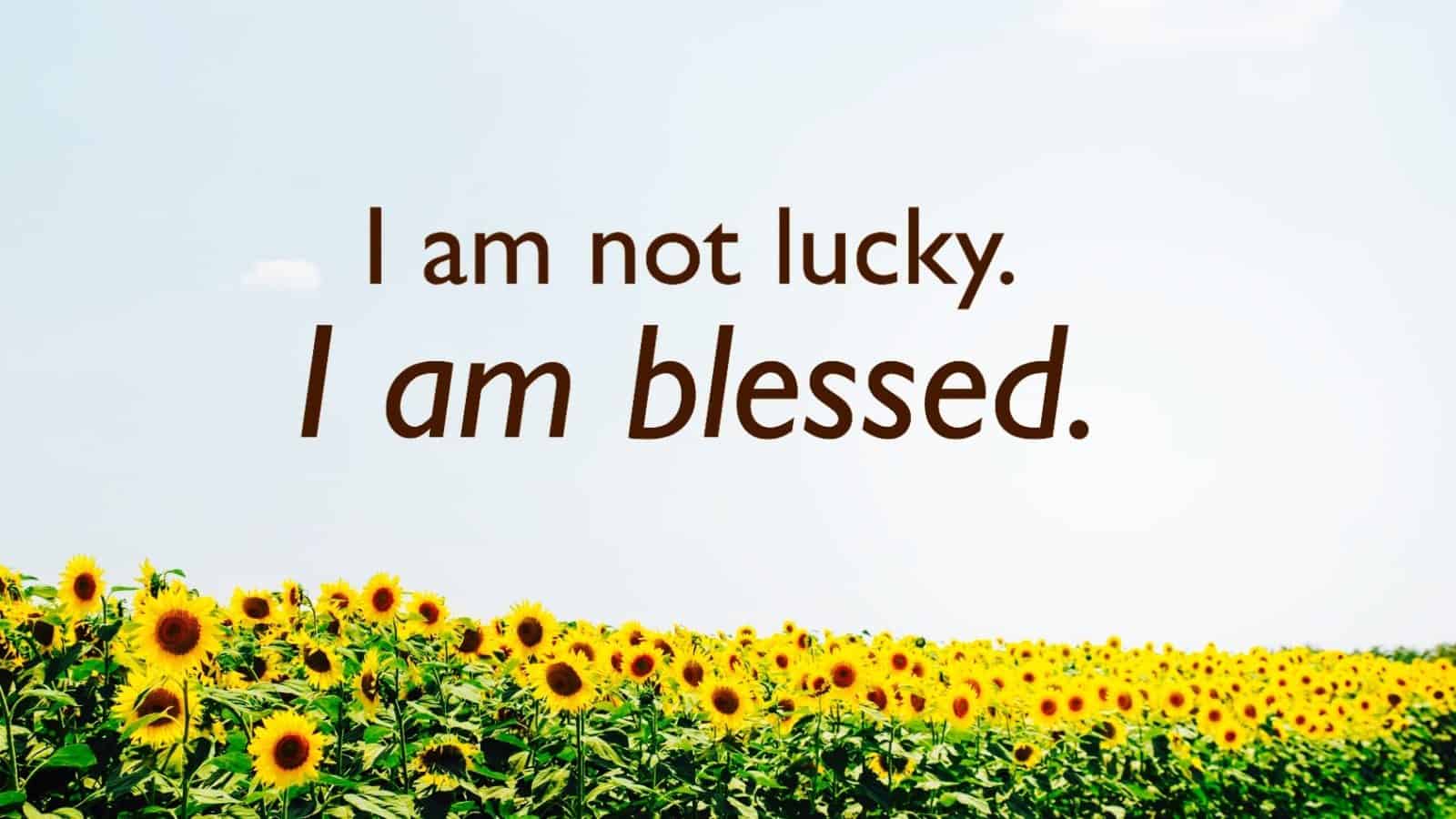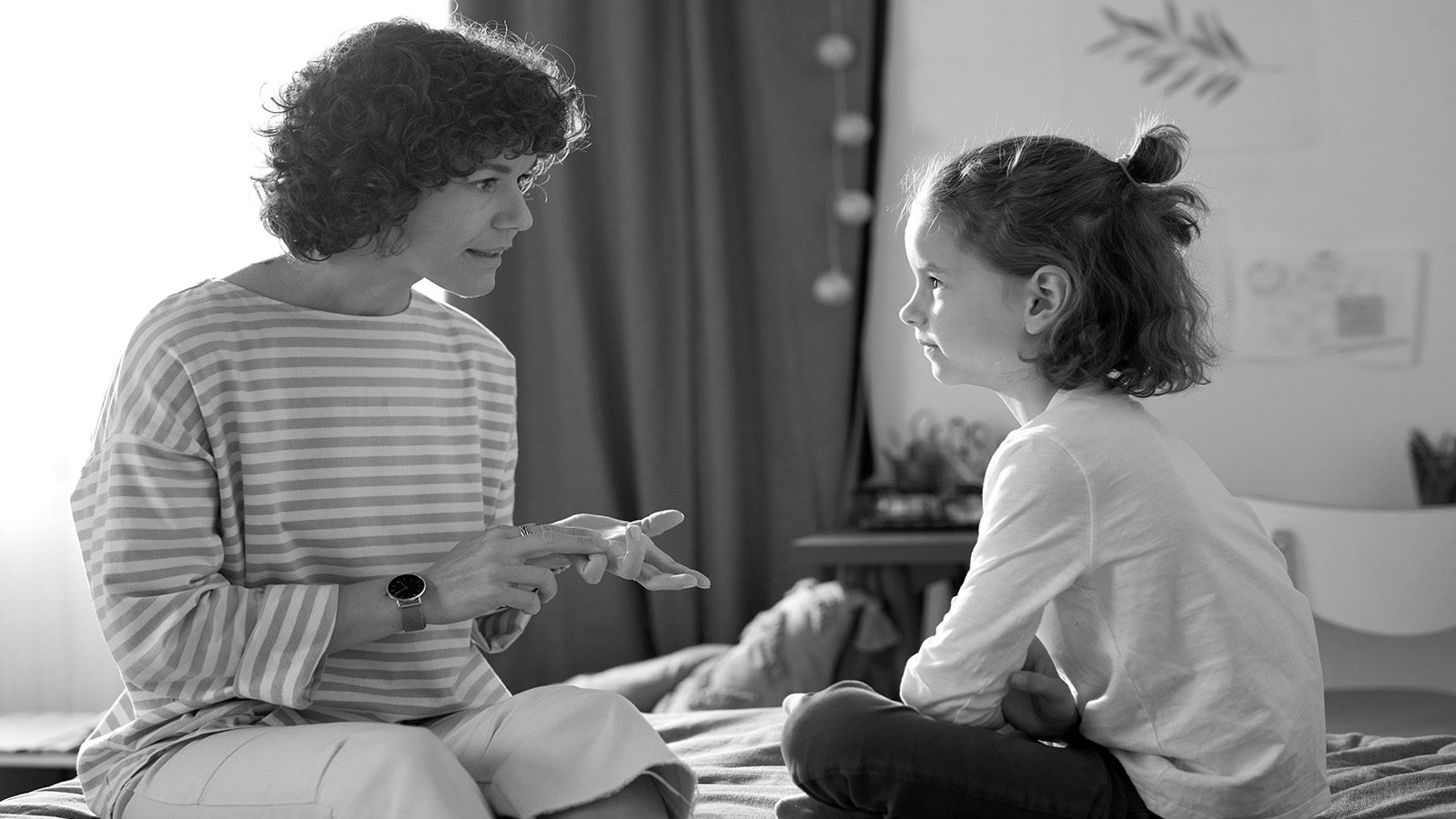Counting your blessings is not just about adopting an attitude of gratitude; it’s about making extraordinary things happen in your life. Gratitude is a worldview that we wish more people would adopt. Why? Because it’s much more positive than the alternative–taking things for granted.
In a study of gratitude and subjective well-being, participants kept records of their moods, coping behaviors, health behaviors, physical symptoms, and overall life happiness. Researchers found that participants who expressed gratitude showed higher well-being. Researchers also found that gratitude helped people to feel greater happiness. The scientists say, ‘Results suggest that a conscious focus on blessings may have emotional and interpersonal benefits.’
Researchers studying gratitude have a difficult task because it is hard to define. They begin by saying, ‘It has been conceptualized as an emotion, an attitude, a moral virtue, a habit, a personality trait, or a coping response. The word gratitude is derived from the Latin root gratia, meaning grace, graciousness, or gratefulness.’
In a quote from P.W. Pruyser, the researchers say that the words that come from the Latin root of gratitude are ‘kindness, generousness, gifts, the beauty of giving and receiving, or getting something for nothing.’
These Things Happen When You Start Counting Your Blessings
The field of positive psychology is relatively new, but psychologists are fascinated by the resiliency of people who have a positive, grateful outlook as compared to those who focus on the awful things that happen.
Positive people rarely have a life that’s free of loss, rather, they are able to experience loss as a temporary moment of sorrow that enhances the joy of the other moments of their lives.
The Positive Psychology Center is ‘founded on the belief that people want to lead meaningful and fulfilling lives, to cultivate what is best within themselves, and to enhance their experiences of love, work, and play.’ Psychologists hope that curing many types of mental illness could be as easy as helping people to learn to count their blessings.
1. You strengthen friendships
So much of what we accomplish in our lives is due to the support and help of our friends and loved ones. By expressing our thanks to the blessings of friendship, we are expressing our thanks for the efforts that others took on our behalf. Counting our friendship blessings often means openly expressing thanks to them. When your friends feel appreciated, they are more likely to help you in the future.
Not only do others feel better when you are grateful for their help, but you feel better too. Researchers say ‘Encouraging people to focus on the benefits they have received from others leads them to feel loved and cared for by others.’ Feeling loved is a great reason to count your blessings.
2. You build a sense of spirituality
“‘Thank you’ is the best prayer that anyone could say. I say that a lot. Thank you expresses extreme gratitude, humility, understanding.” – Alice Walker.
When we are grateful for something that we cannot attribute to the help of a specific person, we feel blessed by a force beyond ourselves. It is as though we have been helped, supported, and loved by a caring being. Thanking that energy that has brought you such abundance gives us a way to connect to the divine.
Many people believe that the more we are grateful to the divine for our blessings, the more blessings we are likely to receive in return.
3. You improve your creative thinking
Think of it this way: someone who is grateful for the love and care of their romantic partner is more likely to seek to show their gratitude with words and actions that demonstrate their thanks. Someone who is not grateful does not take the time or effort to think of a way to express gratitude.
Our brains are more active when we consciously count our blessings versus taking them for granted. This mindfulness can also help in other areas of your life that require creative thinking.
4. You cope better with stress
Taking a moment to count your blessings during an upsetting event can shift your mindset from a negative to a positive. Instead of what went wrong, you focus on what you learned from the experience. You spend less time in a negative emotional state like fear, anger, or sadness. Thus, you slow down your heart rate to move into calm acceptance, then happiness as the negative moment passes.
5. You improve your mood when you count blessings
Feelings of depression, anxiety or anger can be quickly changed to happiness. Counting your blessings is one easy way to move into a positive mood. Therapists are beginning to look at exercises in gratitude as a way for patients to recover from mild depression.
Try journaling or using an app to track your mood. Then write down at least two things you are grateful for and check your mood again. You may be pleasantly surprised to discover that your mood has improved over what it was before you counted your blessings.
















